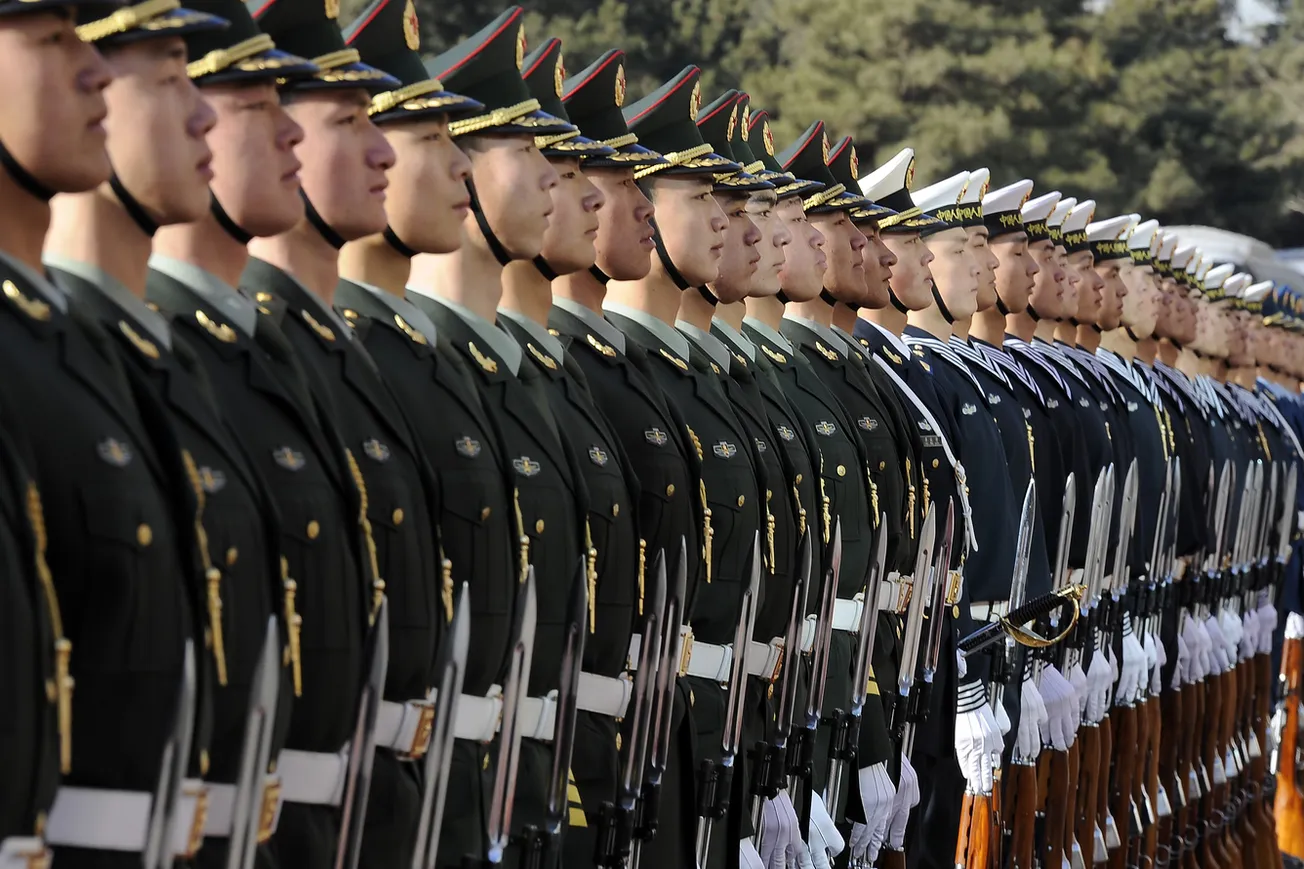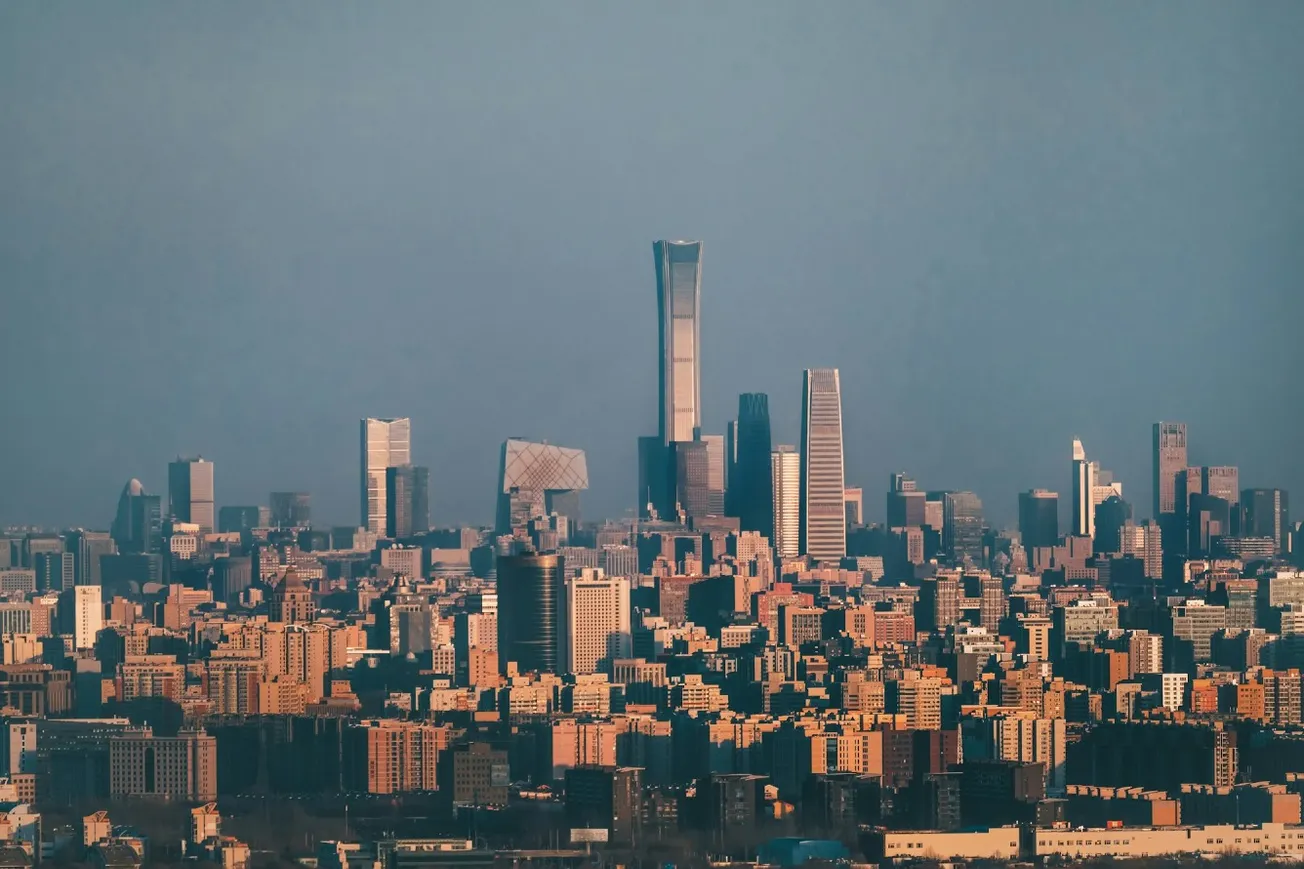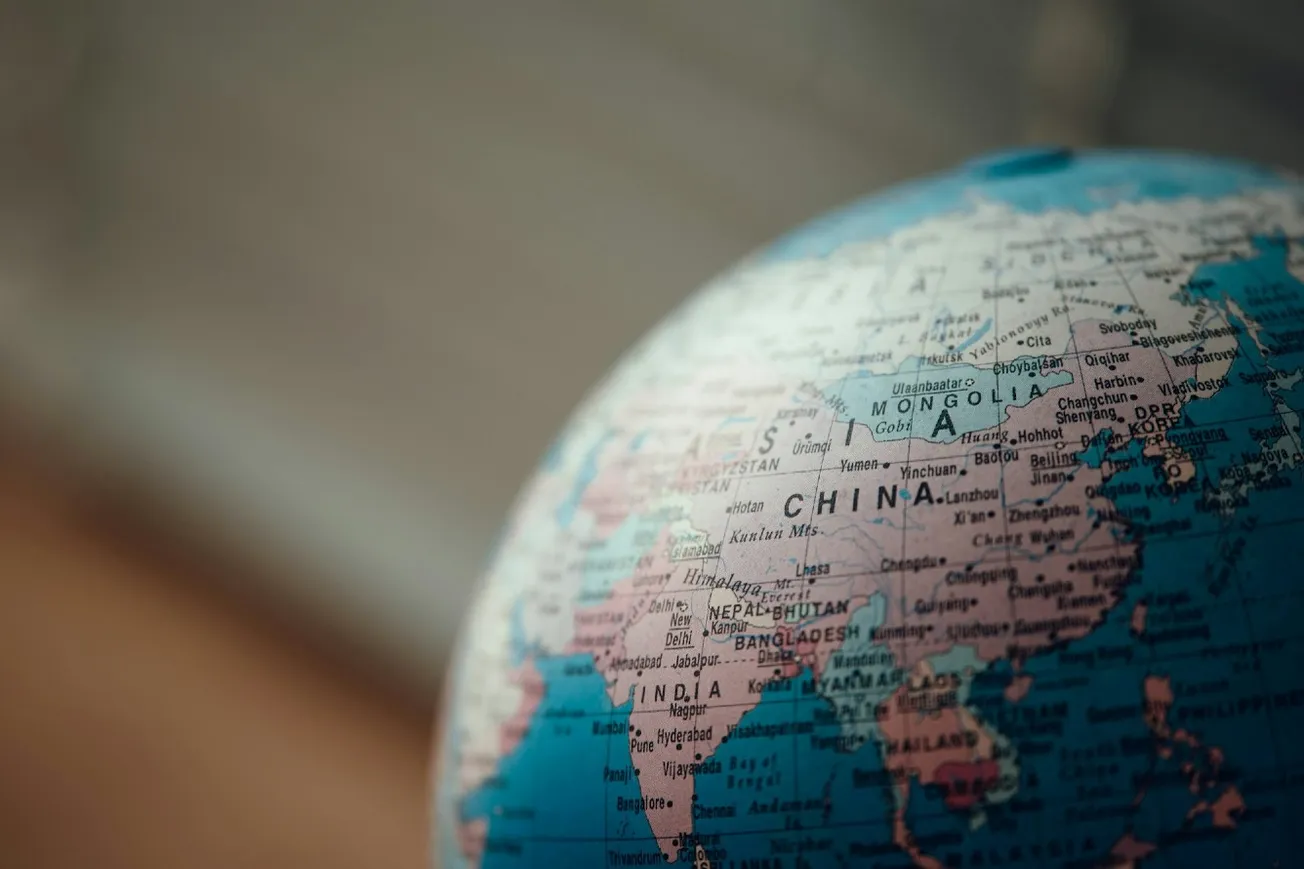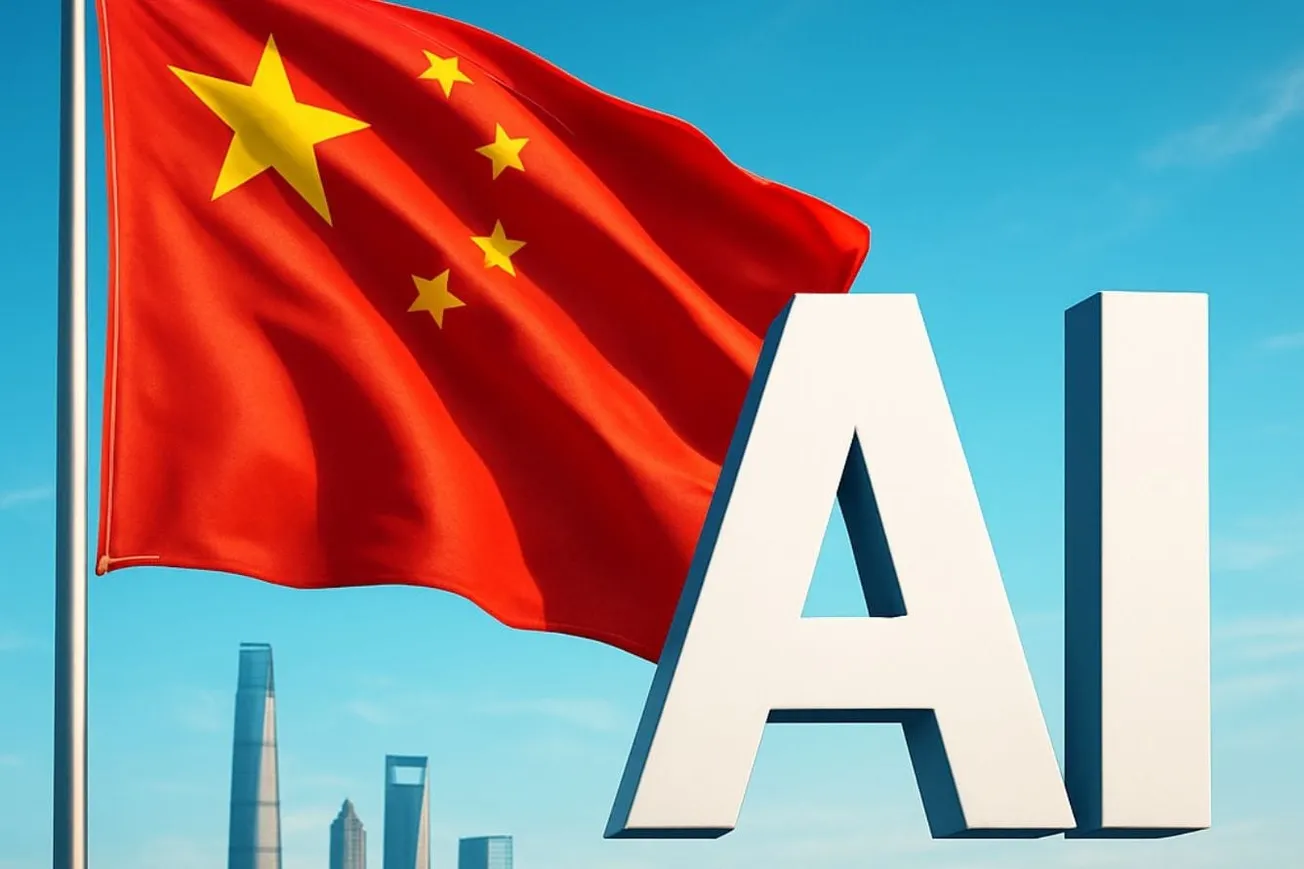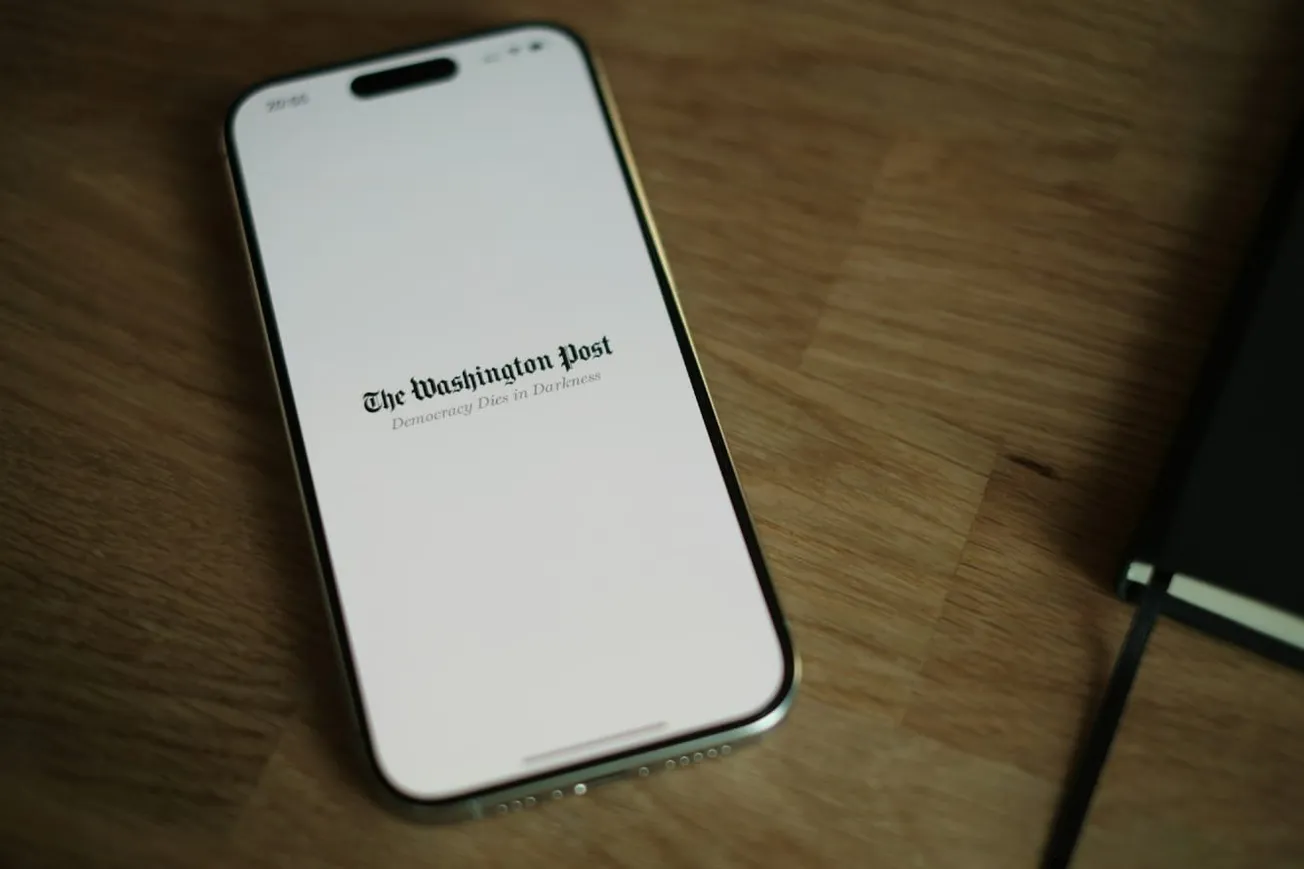By Gordon Chang for Daily Caller News Foundation
“If the U.S. doesn’t hit the brakes and continues to barrel down the wrong track,” China’s Foreign Minister Qin Gang said on March 7, “no amount of guardrails can prevent the carriage from derailing and crashing, and there will surely be conflict and confrontation.” He also spoke of “catastrophic consequences.”
The unusually pointed warning followed that of Chinese ruler Xi Jinping of the day before. “Western countries, led by the U.S., are implementing all-round containment, encirclement, and suppression against us,” he told the Chinese People’s Political Consultative Conference in Beijing.
These comments suggest a marked deterioration in relations between Washington and Beijing. What is happening?
“We have to not rule out the stratagem of empty fortress,” tweeted City University of New York’s Ming Xia, one of America’s most astute China watchers, on March 8.
Xia was referring to a tactic employed many times in ancient Chinese history. Perhaps the most famous “empty fortress” tale comes from the Three Kingdoms period when military strategist Kung Ming had to figure out how to repel an invader, Sima Yi, with few troops. Kung appeared on his fortress wall in a confident pose, which convinced Yi to retreat.
In all probability, Xi and Qin were employing this ancient tactic, attempting to intimidate the Biden administration into not enforcing or adopting measures they do not like.
The Hudson Institute’s Miles Yu, another leading China watcher, reminds Americans that the Communist Party is using a time-worn tactic of “Using Confrontation to Promote Cooperation.” “It’s always in the CCP’s playbook,” Yu points out.
For many reasons, the Chinese fortress is empty at this moment. Among other difficulties, the country’s economy is stumbling, debt defaults are continuing, the currency is weakening, food shortages are worsening, localities are running short of cash and diseases continue to afflict the population.
Moreover, the Chinese people are unhappy. Since late October, they have taken to the streets in demonstrations over varied complaints. Some protestors have even demanded the removal of Xi Jinping and the Communist Party.
How bad is the situation in China? Chinese people are risking their lives to cross the Darien Gap, the region separating Colombia and Panama, to walk to America. U.S. Border Patrol apprehensions of Chinese migrants at the southern border were up about 800% for the October to January period, compared to the same time a year ago.
Chinese rulers, I think, understand that war at this moment would not be in China’s interest. Yet just because they may know better does not mean Americans and others should feel assured or relieved.
For one thing, no one outside a small circle in Beijing knows what Chinese leaders in fact intend, so it is exceedingly dangerous for others to base policy on what they think China’s decision-makers are thinking. Over the course of four decades there has been far too much “mirror imaging.” American leaders, for instance, have continually told their Chinese counterparts what they should think — nothing wrong with that — but then assumed that the Chinese thought the same as they did.
The world needs to look at what the Chinese leadership is in fact doing. Xi appointed what is now known as his “war cabinet” in October, at the Communist Party’s 20th National Congress; he is implementing the largest military buildup since the Second World War; he has been trying to sanctions-proof his regime; and he is mobilizing the civilian population for war. Communist Party cadres, for example, are taking over privately owned factories and converting them from civilian to military production.
In the latest move, China’s regime is establishing National Defense Mobilization Offices across the country. The Reservists Law went into effect the first of this month.
Whatever China intends, its intended victims need to match its preparations. There has never been a time when it has been more important to deter the People’s Republic of China.
Even if all this is the biggest bluff in history, the Chinese military is provoking incidents that could lead to war, especially in the tense climate Xi has created. In December, Chinese troops moved into India’s Tawang Sector in Arunachal Pradesh; Chinese planes and naval vessels maneuvered near Taiwan, especially on Christmas Day; there were provocative Chinese moves against Japan in the East China Sea and the Philippines in the South China Sea; and a Chinese fighter jet dangerously intercepted a U.S. Air Force reconnaissance plane in international airspace over the South China Sea.
Moreover, beginning Jan. 28, China’s large spy balloon intruded into American airspace, proceeded to surveil nuclear weapons sites, including Malmstrom, F. E. Warren and Minot Air Force Bases, which house all of America’s Minutemen III intercontinental ballistic missiles. The balloon also passed close to Whiteman Air Force Base, home to the nuclear-capable B-2 bomber fleet, and Offutt Air Force Base, the headquarters of Strategic Command, which controls U.S. nuclear weapons.
This path suggests China is gathering intelligence for a nuclear strike on America’s strategic weapons — and shows Beijing’s utter disrespect for the United States.
Whatever China’s intentions, this cannot end well. Xi Jinping, for instance, will not stop talking about war. The world, and America in particular, need to listen.
As Charles Burton of the Ottawa-based Macdonald-Laurier Institute tells Gatestone, “Xi has completed his purge of all dissenters and now hears no moderating voices to rein in his great thirst for military adventurism driven by extreme ideological resentment of the United States.”
“Will the U.S. lose its own composure and confidence to fall into hysterical style of politics?” CUNY’s Xia warns. At this moment, hysteria is not the problem. The problem is complacency. Xi Jinping and Qin Gang, whatever they are doing, are establishing a justification to strike America — and they are making preparations to do so.
Gordon G. Chang is the author of The Coming Collapse of China, a Gatestone Institute distinguished senior fellow, and a member of its Advisory Board. Follow Gordon G. Chang on Twitter.
The views and opinions expressed in this commentary are those of the author and do not reflect the official position of the Daily Caller News Foundation.
This article was originally published by the Gatestone Institute and can be found here.

